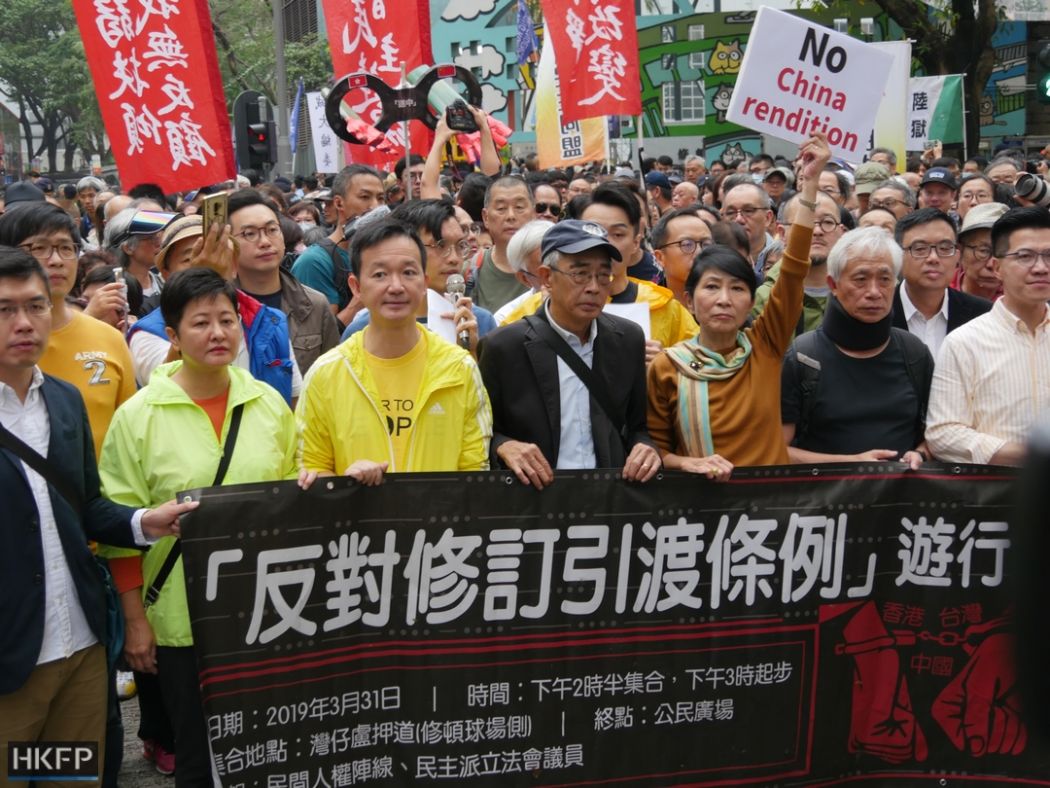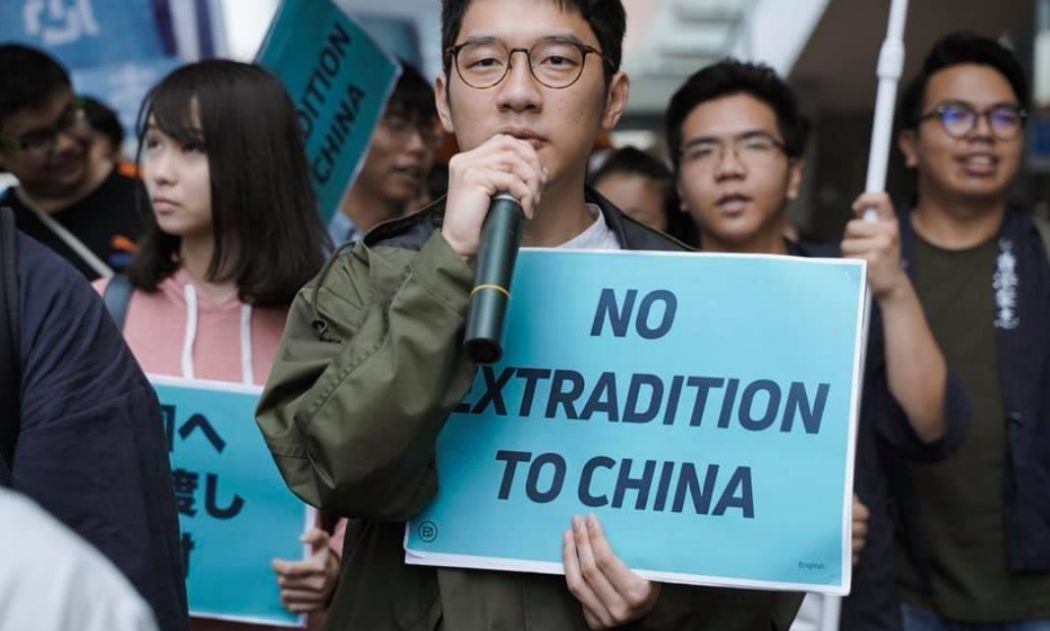There has been much debate about the China fugitives transfer bill. Yet, surprisingly, the government has rarely pitched Hongkongers on the reciprocity that would allow local authorities to get hold of criminals on the run beyond its jurisdiction.
This could have been good spin, given the number of criminals that have disappeared into mainland China over the years. They formed the majority of those on the wanted lists from the Independent Commission Against Corruption and the Securities and Futures Commission (SFC).

The Secretary for Security John Lee could have pointed to a potential drop in the crime rate if villains knew they lose the protection of the Lo Wu River. That would have been a much better plea than the Taiwan murder, which can be solved without the law amendment proposed.
But no-one has mentioned the benefits of reciprocity so far.
There are two possible explanations for that. Firstly, the benefits of the amendment to Hong Kong have never come to mind. If you have never thought about it, it could be easily overlooked.
Or, alternatively, they know very well that reciprocity doesn’t really work when it comes to mainland China. That’s not an unfair assessment judging from the lessons learnt in two financial scandals.
See also: Extradition to Taiwan: why is Hong Kong ignoring an obvious solution?
The first is the arrest of Michael Yip Kam-po, a Guangdong-rooted businessman who arrived at the Hong Kong stock market in 1997 with the halo of a “possible” family member of a late army general. He never sought to clarify that.

In July 2006, his listed company – Ocean Grande – announced its financial controller was missing. Regulators subsequently found that HK$840 million had vanished; so had Yip. He has left for his own home two days after the scandal emerged.
Hong Kong police reached out to its mainland counterpart but to no avail. To their embarrassment, Yip continued to lead a public life in Guangdong for 14 months, thanks to his friends and money.
He was commemorated by local officials for a charitable donation. He kept his membership with the People’s Consultative Political Conference of Guangdong and even attended its March 2007 annual session.
In September 2007, Yip suddenly turned up at the Lo Wu border with Hong Kong and was immediately arrested. According to a source involved, the surprise turn would not have happened had Yip not been complacent enough to venture into Henan where he didn’t have that many influential friends. Local police arrested and sent him to the border. Yip was sentenced to seven-year imprisonment for fraud.
Lesson one: Despite China’s image of an authoritarian state, local authorities remain powerful. They mind their own turf and protect their boys. Whatever the policy may be – it might not be so easy to implement on the ground.

Of course, when the interests at stake are big enough, state leaders will arm-twist local authorities into turning their boys in. That’s what happened in the 90’s when Guangnan Group became the first state-owned listed company to have been caught cooking its books. Of the nine cadres involved, the lowest ranking one was sent to the Hong Kong border to face justice.
This rare interference requires there to be big interests at play, and the wellbeing of Hong Kong is certainly not among something that factored into the happy experience of Li Hejun, who was once the richest man in Asia.
In 2014, Li bought a listed company in Hong Kong and renamed it Hanergy Thin Film Energy Group. Within months, this nobody in China’s solar industry commanded a market capitalisation of more than HK$300 billion, leaving Li Ka-shing’s empire in dust.
The magic was not so much about ballooning sales – which were largely thanks to its parent company. More importantly, it came down to price hikes made during the final ten minutes of trading every day for months. Hong Kong’s market integrity became a joke in reports by the Financial Times and Bloomberg.

In 2015, Hanergy fever came to an abrupt end as its price nosedived. Hong Kong’s SFC sought assistance from their mainland counterparts in obtaining related financial records and identifying the people masterminding the buying and selling orders up north.
That was less than a year after Hong Kong and China signed the Stock Connect accord which – thanks to some unpleasant experiences in the past – specified when an enquiry by China’s counterpart should be answered, and by whom.
Hopes were high back then. Though Beijing may not care so much about the reputation of Hong Kong, it would have been aware of complaints by mainland investors on Hanergy loss, as well as the need to set some strong deterrent examples for the safe operation of the stock connect.
Wrong. Mainland regulators found nothing on local bankers and officials. They are simply more loyal to home-grown corporates – whose survival matters to their bad-debt and job numbers – than to the securities watchdog, who has no say in their promotions or demotions.
With the fraud and market manipulation investigation going nowhere, the SFC compromised with a civil action. Li and other Hanergy directors were barred from any directorship in Hong Kong for several years.

Lesson two: Anyone who seriously expects an agreement with reciprocity to be effective in the Mainland is rather naive. Other factors are at play, and Hong Kong has no role them.
This list of examples can go on and on.
If there is nothing in it for us, why should Hong Kongers risk a fugitive transfer deal with Beijing? We deserve a better answer.
